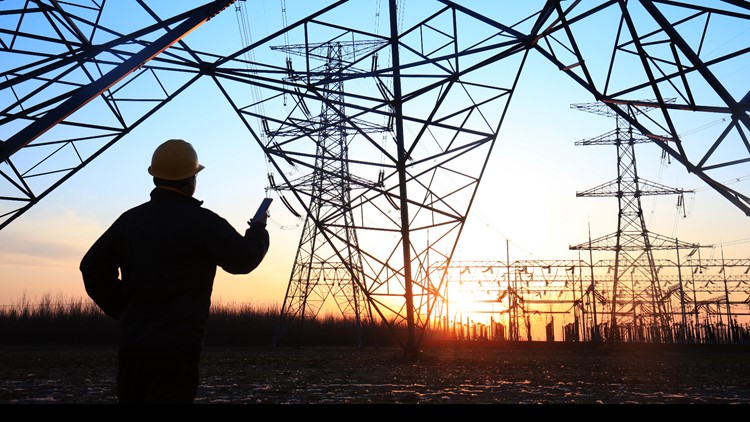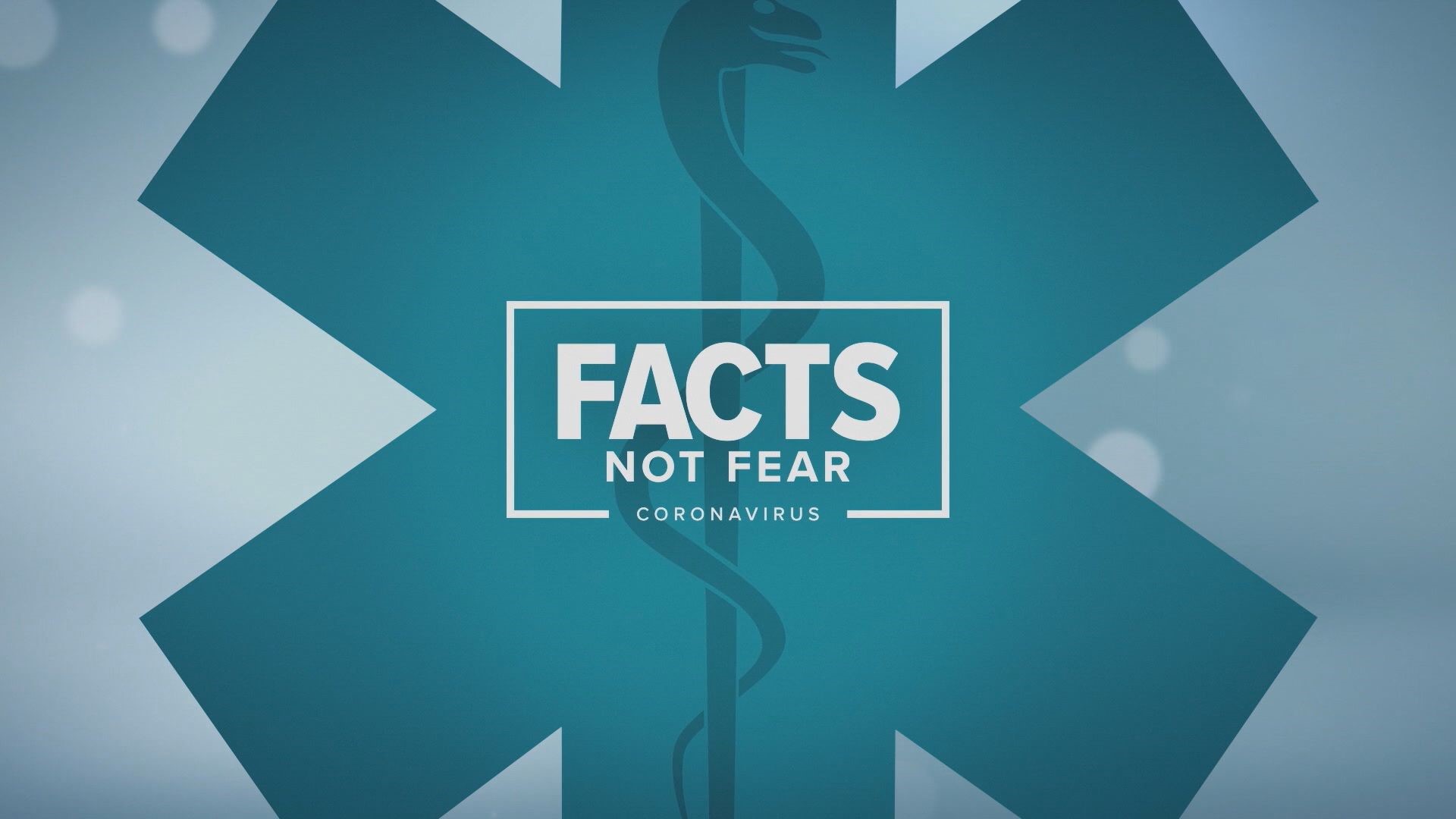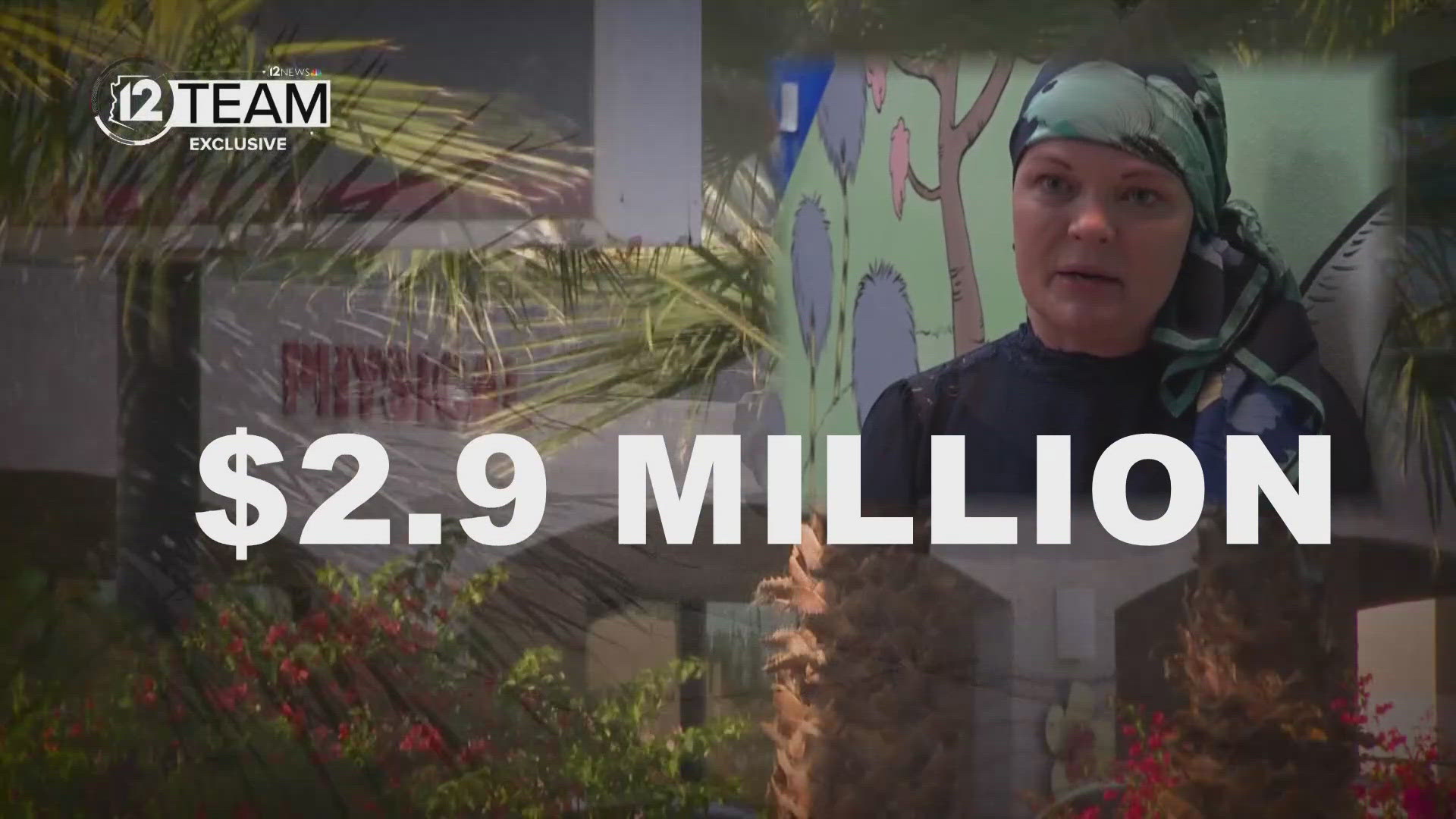PHOENIX — A combination of more people working from home and scorching Arizona heat is compounding problems for people who are already struggling to pay their bills.
Utility bills have spiked between 20% and 30% for many families during the COVID-19 pandemic, according to Joe Daniel, a senior energy analyst at the Union of Concerned Scientists.
And that rate may double during the summer months as families become more reliant on air conditioning.
“For Arizona, a typical family electric bill in March or April might be $90 a month. But in the summer, those bills go up to almost $180,” Daniel explained. “Right now many people in Arizona are at risk of experiencing burdensome increases to their energy bills.”
This comes at a time when hundreds of thousands of Arizonans are out of work. A jobs report released on April 16 showed a 1% spike in unemployment across the state, but it failed to take into account massive layoffs at the end of March.
On a national level, economists say the U.S. is closing in on a 20% unemployment rate.
People are using more power because they’re staying home longer, they will rely on that power more during triple-digit heat and it’s all during a time when budgets have never been tighter.
It’s creating a compounding problem that disproportionately affecting poorer communities, according to Daniel.
“Arizona spends only about 3% of their income on average on power, but for those who live below the federal poverty line, that number is closer to 15%,” Daniel explained. “This is a problem. The energy burden issue falls far more sharply on those who are already struggling to pay their bills.”
And while Gov. Doug Ducey has issued an executive order protecting residents from evictions, those families who are struggling to pay their bills may still lose their power.
“For most people, they're relying on these voluntary moratoriums by the utility company,” Daniel said. “Without leadership from these public officials who are at the Public Utility Commission, the customer does not have any guarantees that their electricity won't be turned off.”
According to Arizona Public Service, overall electricity usage rates are down across the state with businesses not considered “essential services” closed.
So, Daniel says there is an abundance of low-cost power that could be passed onto consumers during the coronavirus outbreak.
“I would strongly advise for utility commissions across the country, particularly those in Arizona, to pay close attention to how the utilities are charging customers,” Daniel said. “Utilities should be taking advantage of that low-cost electricity and then passing those savings along to customers.”
But a spokesperson for APS said that's not happening soon.
"We can’t just change rates up or down. It’s a long, regulated process. For example, our last rate change was 14 months in the making. And, it simply would not be prudent based on a month of an unprecedented situation with an uncertain outlook," said APS spokesperson Jill Hanks in an email to 12 News.
However, Hanks said there are several things customers can do to cut costs during the summer.
- Pre-cool your home by setting your thermostat a few degrees lower than usual before peak hours.
- Use appliances like the dishwasher or washing machine before 3 p.m. or after 8 p.m.
- If you have a pool, you should run your pump early in the day
- Customers can also try to use a grill or slow cooker for meals.
According to Hanks, APS has a proposal on the table which could help customers who have lost their job amid the coronavirus pandemic qualify for a 25 percent discount for four months. The proposal also includes a one-time bill forgiveness credit of up to $300.
However, that proposal still needs to be approved by the Arizona Corporation Commission.




